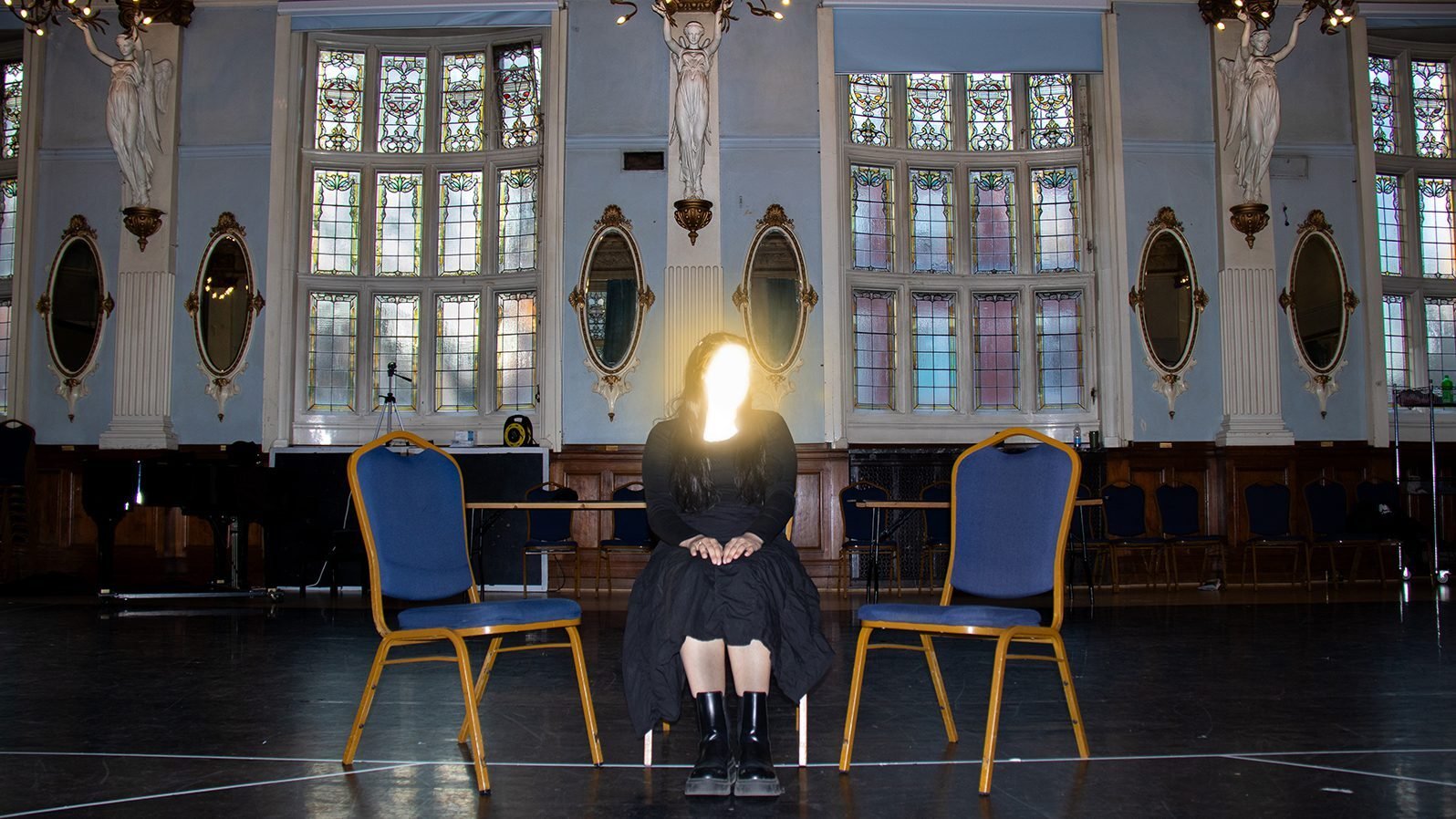A problem shared is a problem halved, and the science says the same for heartbreak. But what if you can’t tell anyone?
It felt like I was dying when I found out my ex cheated on me.
It was summer when the breakup happened. I’d just finished my first year of university and was about to go home for the holidays.
Growing up in a slightly dysfunctional household meant there were no happy relationships around me. My parents were in a loveless marriage and, from my gossiping aunties to my twenty-something divorced cousins, I was taught that people form relationships for function and practicality. Not love.
Maybe that’s why I so desperately clung to the illusion of love that rom-coms and chick flicks gave me. But then one day, I found it. The precious flickering flame of love, which I didn’t believe existed.
My family didn’t know about the relationship I had. I learned from a young age to keep most things to myself, which is a whole other box of trauma to delve into. My ex and I were from two different worlds; he was an atheist, and I was religious. I was Asian; he was Jamaican British. I was struggling with my self-worth and sense of belonging. He was struggling with destructive behaviours. We were opposites, yet destiny had brought us together in some way.
In the same breath, that destiny was violently ripped out of my hands and I was left with a void even larger than the one I had before I knew him.
I found myself regressing. Everything I had been building for the last year had been washed away. I was alone once again in the confinements of my childhood home, grieving a partner I couldn’t openly mourn.
I’m good at masking my emotions; I had to be. It wasn’t cool to air your dirty laundry in my household. As long as your problems weren’t spoken aloud, they didn’t exist. But this heartbreak blindsided me. I didn’t have time to prepare my mask.
People could sense something was wrong, and the questions began.
“Are you ok? You don’t seem like yourself?”
“Did something happen?”
“Talk to me.”
“You can tell me anything.”
I’ve played these games before. I’d be coaxed into tentatively sharing my problems when I was in a vulnerable state. Once that moment was over, the regret would sink in, and my family would go back to being emotionally unavailable to me. Only this time, they’d have the inside scoop to throw back in my face.
Talking through your problems with another person is meant to bring comfort; it’s a proven fact.
“People don’t know it’s easier to express emotions than keep them inside,” explains psychotherapist and couples counsellor Sunya Ananta. “Ultimately, all emotions are energy, and if you’re not flowing with it, the amount of energy it takes to push something down is exhausting.”
But in my world, this isn’t true. Instead, talking about things stirs up a load of other emotions. Guilt. Shame. Questions. Who, what, when, where, and most importantly, why? Why didn’t you tell me? Why did you date him? Why would you jeopardise the family’s reputation? Why did you put yourself in that position? Why, why, why?
To spare myself more heartbreak, I kept my mouth shut. But at what cost?
“When people can’t grieve properly, it comes out in their body,” continues Ananta.
“You can ignore your emotions, but you can’t ignore when your body is speaking for itself. It can have an impact on your productivity; you can get sick or self-sabotage. It can also lead to insomnia because all the emotions you’re pushing down throughout the day come up at night.”
It’s true – I felt like a shell of a human. I was existing, living in a state of in-between, neither here nor there. A depressive cloud hung over me because of how lonely I felt. At home, I busied myself to mask the truth, but when I went back to university the next term, I couldn’t bring myself to live. The suicidal ideation began, and it was at this point that I started therapy.
Ananta agrees that this was the right decision: “If you can’t speak to family, your community, or even a friend, therapy is a good place to deal with your grief. It can lead to depression if you don’t express it.”
I truly believe the trauma of this situation is still catching up with me today. So I leave you with this: no matter how strong or invincible you think you are, life still comes at you fast. If you’re going through a heartbreak, take it seriously and talk to somebody… anybody. A bird never flew on one wing.
*The writer has chosen to remain anonymous
